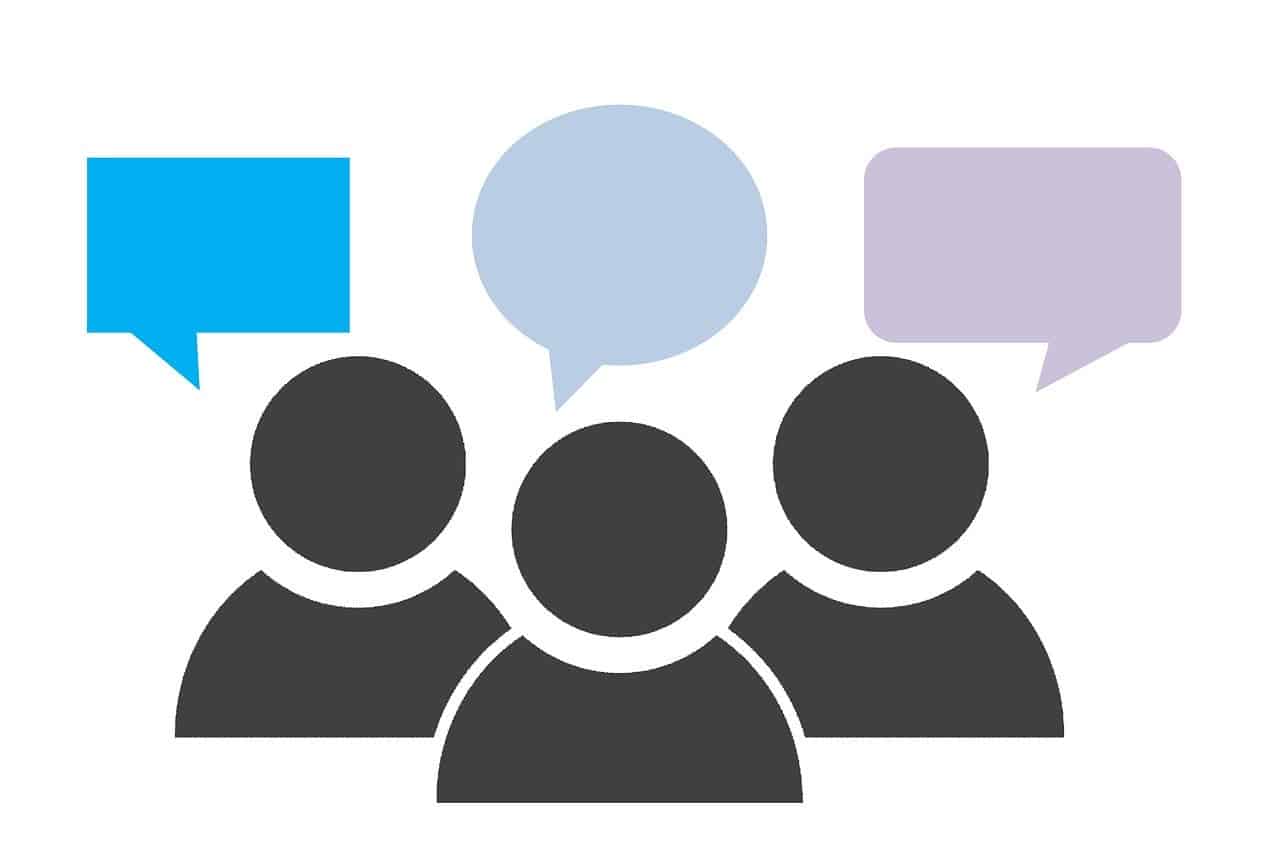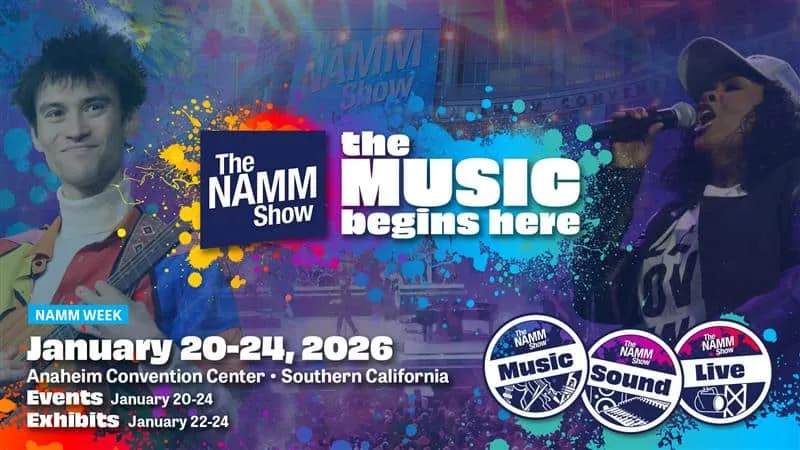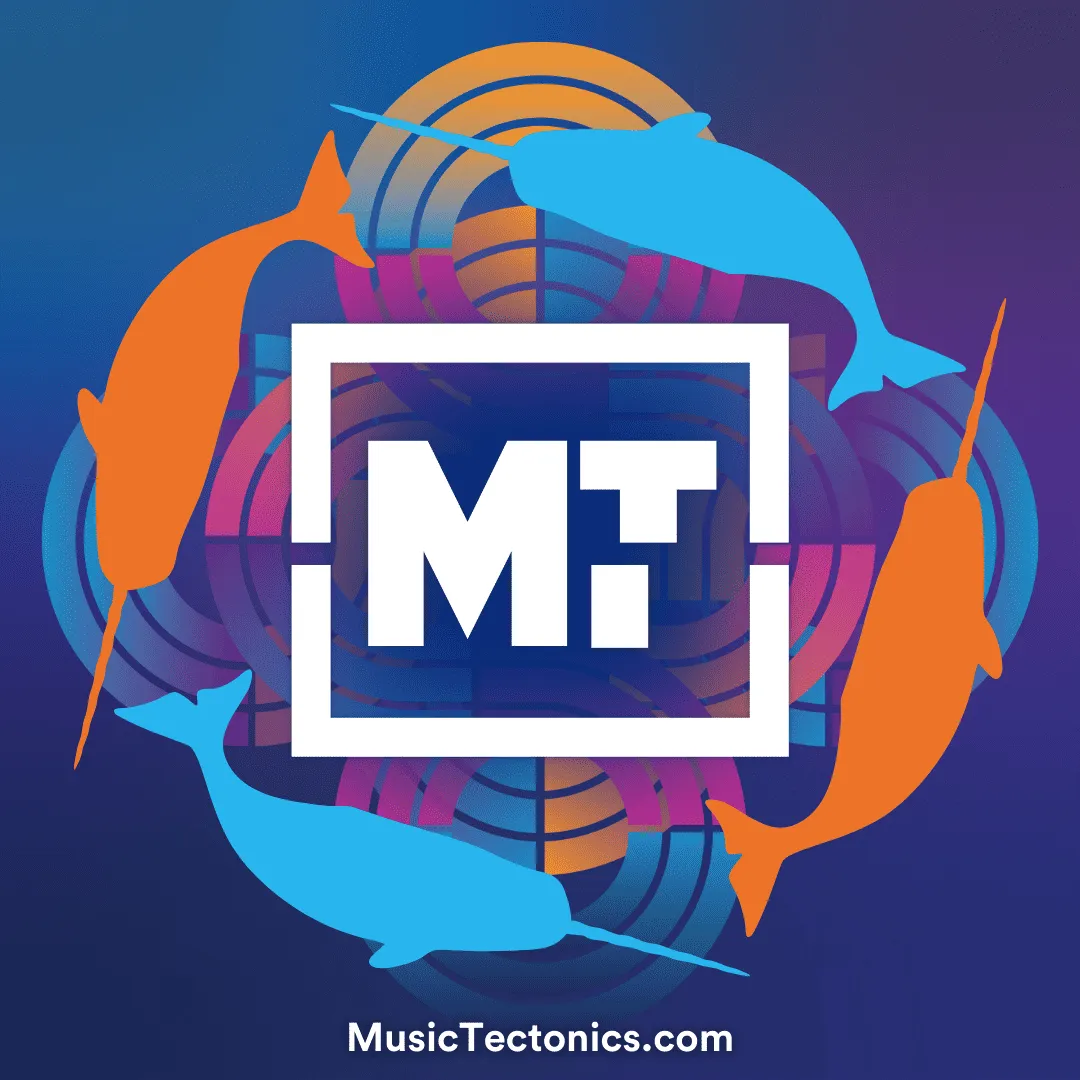In and effort to elevate and ally with marginalized communities, The Orchard recently held two panels on what it means to be an ally. Here, we look at an actionable summary of said panels, including key actionable takeaways from those panelists operating within the music and creative industries.
Guest post from The Orchard’s The Daily Rind
In this current climate, it becomes necessary and critical to ally for marginalized communities. This past June, The Orchard hosted two powerful, informative panels to dissect what it means to ally. As the panelists discuss, “ally” is a verb. It’s not something one can label themselves. It’s what one does to take action for someone else. Similarly, Volted Voices says, “You cannot declare yourself as an ally because you don’t decide if you’re an ally, your actions do. Allyship is something that is silently earned and is not a performative self-declaration…Advocate for us in every sphere where there’s discrimination or inequity. Actively work to dismantle systemic racism. That’s how you can be a better ‘ally’.”
In collaboration with The Orchard UK office and Sony Music, WhatIf Freedom, a group dedicated to spreading awareness of LGBTQ+ issues, hosted a session to spotlight Queer Black Lives navigating the current political climate and explore the representation of Queer Black people in LGBTQIA+ history and the community.
The conversation was led by Kieran George (Sales Coordinator, The Orchard – he/him), joined by panelists Tanya Compas (Youth worker, founder of Queer Black Christmas and Exist Loudly – she/her); Kai-Isaiah Jamal (Poet, model and visibility activist – they/them); and Jason Okundaye (Writer and columnist – he/him).
At one point in the conversation, Kieran brought up a statistic that about 80% of people in the United States don’t know someone who is trans. He asks,“If this is the case, how are you going to understand that community? If they’re then going to be portrayed in the media from a place that is completely inaccurate, if it’s such a high percentage and they’re being portrayed negatively, then how do we cross that bridge to understanding?”
A few days later, The Orchard New York office led a discussion about how speakers approach intersectionality and how the past and present have influenced the direction of queerness and identity in the music industry. Moderated by Mike Heyliger, panelists featured Alyse Vellturo (Manager, Label Management, The Orchard, she/her), Dani Ride (Artist, he/him), Sam Dunac (Content Protection Manager/Law Clerk, Global Digital Business & Legal Affairs, SME, she/her), and Gary Goldman (Senior Program Director, Out In Tech, he/him).
“Intersectionality plays a big role in everything going on right now,” Heyliger stated. “I think people who do have more than one identity are starting to stake their claim and let that show.”
“Knowing that I’m multi-faceted, being a Black woman it is really hard to navigate social spaces,” Dunac added. “Intersectionality gives you and people the ability and education that we all exist in multitudes. Intersectionality honors that. Looking at it through the lens of respecting people and allowing people to show up the way they are is beautiful. In order for the Black community to be liberated, we have to step up for our Black trans women.”
Gary Goldman, from Out in Tech, a 501(c)(3) non-profit that unites the LGBTQ+ tech community, says people cannot claim to understand the lived experiences of every person of a community. “Being able to recognize our differences as well and the importance of supporting ourselves within our communities is critical as we discuss intersectionality.”
Below the two panels are summarized with actionable takeaways from our panelists within the music and creative communities. We thank our speakers for their time, leading and contributing to these dialogues.
The conversations can’t stop

“I’ve been doing this work for a long time, and I think it’s interesting that only now people have decided to understand their privilege and understand that you have to distribute the wealth that you’re afforded because of your privileges. I think what needs to happen is the continuous conversations…I hope the anger is going to create some lasting change in our communities, but I think that we are right in the beginning. It’s a long, long journey.” – Tanya Compas (Youth worker, founder of Queer Black Christmas and Exist Loudly – she/her)
What exists online needs to exist offline
“There’s a lot of people whose activism doesn’t work offline. It’s ok if that’s a starting point. There’s so much we can transcend to happen online. But as a whole, I need to know what you’re doing after your Instagram post. Your Instagram post is not saving our lives. I really, really struggled when I felt that trans lives were being left behind. That was a huge part for me…My dad came to a protest with me and walked around carrying a sign that said, ‘There will be no Black liberation without trans liberation’. Because it wasn’t me carrying it, it was him carrying it, the interactions that happened between him and Black men that day lit something in me and I was like, Okay, this is the change we need.” – Kai-Isaiah Jamal (Poet, model and visibility activist – they/them)
If you do have a large online platform, you have a responsibility
“We need to change the way we think the world is. We need to deconstruct stereotypes. I have the responsibility with my audience and my followers…I only want to talk and sing my truth.” Dani Ride (Chilean Singer-Songwriter)
But conversations should be about what’s next
“Representation is a starting point and representation ignites conversations. But it has to be about what’s next? It’s about having people who are willing to have these conversations. It shouldn’t be left at the hands of Black queer people and Black trans people to have them.” – Tanya Compas(Youth worker, founder of Queer Black Christmas and Exist Loudly – she/her)
Make it your responsibility to educate yourself
“Education is not just looking at what we have now, but looking at what we have had before. Identities have changed and shifted but these identities have always existed. We’ve always had the language to speak about ourselves and people who are within proximity to us, too.” – Jason Okundaye (Writer and columnist – he/him).
“Maybe you don’t have any friends who are in the LGBTQ+ community or never met a trans person or watch them transition. That’s okay, but watch films, read books about it. Dissect it in that way to understand.” – Alyse Vellturo (Manager, Label Management, The Orchard)
“Everyone needs to watch Disclosure! Even as a trans person, I haven’t realized how much I’ve watched of myself that has impacted who I think I am and how long it took me to come out and what spaces I felt like I could access. It’s educational to all. I learned so much from it.” – Kai-Isaiah Jamal (Poet, model and visibility activist – they/them)
Honor the past and understand history to change the future
“Honor the stories that may have been erased from the past. Both Bessie Smith and Sister Rosetta Tharpe started incredible musical genres. Honor those stories in terms of understanding lineage. Their stories may not have been as prominent because they have been queer. As we move forward we should honor the past.” – Sam Dunac (Content Protection Manager/Law Clerk, Global Digital Business & Legal Affairs, SME)
Hold yourself and people accountable
“Start calling people out. It doesn’t have to be aggressive. It’s going to be a long journey. But everyone needs to be holding people accountable.” – Alyse Vellturo (Manager, Label Management, The Orchard)
Create inclusive spaces
“Talk to people. People have experiences that are different than yours.” – Mike Heyliger (Director, National Sales, The Orchard)
Open up the floor
“This cannot just be a trend. Create space for people to be themselves and let people work in the way they want to and the way they can and provide the perspective they need to. Often what happens is that we have people in these marginalized groups, we have them show up to these spaces, and then when they do people are like, ‘No, that’s too loud.’ As opposed to, ‘Ok, let me understand where you’re coming from. Let me give you the floor.’” – Sam Dunac (Content Protection Manager/Law Clerk, Global Digital Business & Legal Affairs, SME)
“Many trans people who you don’t know are trans walk by everyday. The world forces us to have to be so uncomfortable with our state of being, that we have to announce ourselves to people…I try to make people realize that trans identities are not an ideology, they’re not something you read on the internet. They’re full formed funny, attractive, hilarious, intelligent people.” – Kai-Isaiah Jamal (Poet, model and visibility activist – they/them)
“Visibility and representation is so important. You have to do the work to make people feel comfortable so they stay.” – Gary Goldman (Senior Program Director, Out In Tech)
Be receptive and just listen
“If we’re going to become more understanding, we have to be receptive and understand that while we’re listening we may not 100% get it, but that person’s experience is 100% legitimate. Just listen. Listen because you care and because you want a better future. We all need humanity to move forward and to be more loving.” – Sam Dunac (Content Protection Manager/Law Clerk, Global Digital Business & Legal Affairs, SME)


![Folk Alliance Awards 2026 Winners Named [Full List]](/content/images/size/w1304/format/webp/2026/01/Folk-Alliance-Awards-2026.png)


